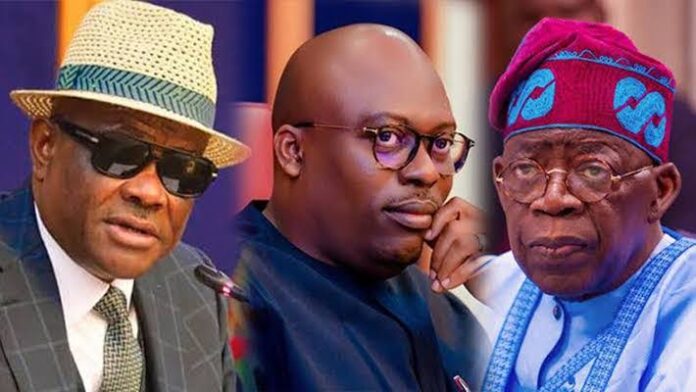River State is witnessing unprecedented an political turbulence as the Governor’s controversial state of emergency declaration ignites a fierce clash between the executive, the State Assembly, and federal authorities. The Governor defended the measure as an essential step to restore order amid escalating security challenges and widespread public unrest. He argued that swift action was necessary to quell violent disturbances that have destabilized key urban centers, insisting that the emergency was vital for protecting citizens.
However, critics contend that the declaration is a calculated power grab. Members of the State Assembly have been sharply divided over the issue. A vocal faction condemned the move, claiming it bypasses the legislative oversight mandated by the constitution. “This is a blatant overreach that sidelines our role in maintaining democratic checks and balances,” one Assembly member stated during an impassioned debate. Meanwhile, another group of legislators supported the Governor, asserting that decisive leadership is critical in these turbulent times.
Complicating the scenario further, the federal government has intervened. The President’s office released a statement expressing deep concern over the unfolding crisis, urging all parties to engage in constructive dialogue rather than deepening divisions. Federal representatives are reportedly reaching out to state leaders in hopes of mediating the dispute and preventing a prolonged standoff.
Political analysts warn that the current power struggle in River State could set a dangerous precedent for state-federal relations. As tensions continue to rise, many observers fear that without swift compromise, the situation may spiral into further instability. With River State now at a critical crossroads, the coming days will be pivotal in determining whether calm can be restored or if the conflict will escalate, further eroding public trust in the region’s democratic institutions.










